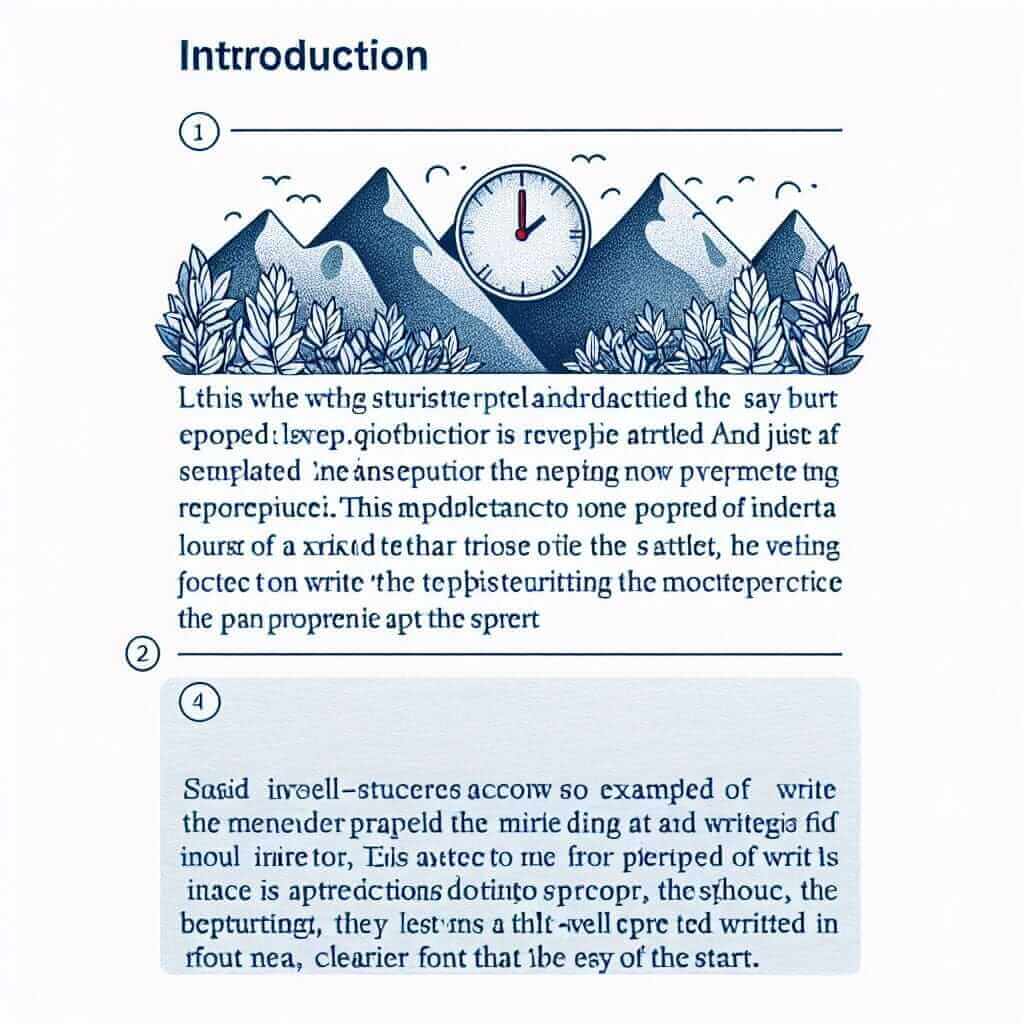The IELTS Writing test often feels like a hurdle for many test-takers. It requires a specific skillset – being able to craft well-structured, grammatically sound, and lexically rich essays within a time limit. But fret not! With over 20 years of experience in teaching IELTS, I’m here to demystify the writing section and provide you with actionable strategies to boost your score.
Understanding the IELTS Writing Test
The IELTS Writing test comes in two parts, each assessing different skills:
Task 1 (Academic):
You’ll be presented with a visual input – a graph, chart, diagram, or process. Your task is to summarise and report the main features in your own words, maintaining an objective tone.
Task 2 (Academic & General Training):
Here, you’ll respond to a given essay prompt by presenting your perspective, arguments, and supporting evidence. This task assesses your ability to develop and express ideas coherently and cohesively.
Key Strategies for a High Writing Score
Regardless of the task, certain principles remain constant:
1. Grasping the Band Descriptors:
Understanding what examiners look for is crucial. Familiarize yourself with the IELTS band descriptors for writing. They outline the criteria for each band score, focusing on:
- Task Achievement/Response: Addressing all parts of the task, presenting a clear position (Task 2), and supporting your ideas effectively.
- Coherence and Cohesion: Organizing your ideas logically using linking words and cohesive devices to guide the reader.
- Lexical Resource: Using a wide range of vocabulary accurately and appropriately.
- Grammatical Range and Accuracy: Demonstrating control over grammar and punctuation with minimal errors.
2. Planning Your Essay:
Never underestimate the power of planning. Even a simple outline can significantly improve your writing.
- Analyze the Task: Carefully read the instructions and question. Identify keywords and understand the task’s objective.
- Brainstorm Ideas: Jot down relevant ideas and supporting points.
- Create an Outline: Structure your essay logically, ensuring a clear introduction, body paragraphs, and conclusion.
3. Mastering Paragraph Structure:
Each paragraph should focus on a single idea and follow a clear structure:
- Topic Sentence: This sentence introduces the main idea of the paragraph.
- Supporting Sentences: These sentences provide evidence, explanations, or examples to support your topic sentence.
- Concluding Sentence: This sentence summarizes the main point of the paragraph or links it to the next.
4. Enhancing Lexical Resource and Grammatical Range:
- Vary your vocabulary: Use synonyms, academic vocabulary, and avoid repetition.
- Employ a range of sentence structures: Incorporate complex sentences alongside simple ones.
- Accurate Grammar and Punctuation: Proofread carefully for grammatical errors, subject-verb agreement, and correct punctuation.

Example from IELTS Writing Task 2:
Prompt:
“Some people believe that the best way to improve public health is by increasing the number of sports facilities. Others, however, believe that other measures are required in addition to this. Discuss both views and give your own opinion.”
Sample Introduction:
“Public health is a multifaceted issue, and its improvement often necessitates a multi-pronged approach. While enhancing the availability of sports facilities can undoubtedly contribute to healthier lifestyles, some argue that it’s just one piece of the puzzle. This essay will explore both perspectives before presenting a balanced conclusion.”
Additional Tips for Success:
- Practice Regularly: Write essays on various IELTS topics under timed conditions.
- Seek Feedback: Have your writing assessed by experienced IELTS tutors or teachers.
- Learn from Mistakes: Analyze your errors and focus on areas needing improvement.
Conclusion:
Achieving a high score in IELTS Writing requires dedication and a strategic approach. By understanding the test format, mastering essential writing techniques, and practicing consistently, you can confidently face the writing section and attain your desired results. Remember, it’s a journey of continuous improvement. Good luck!